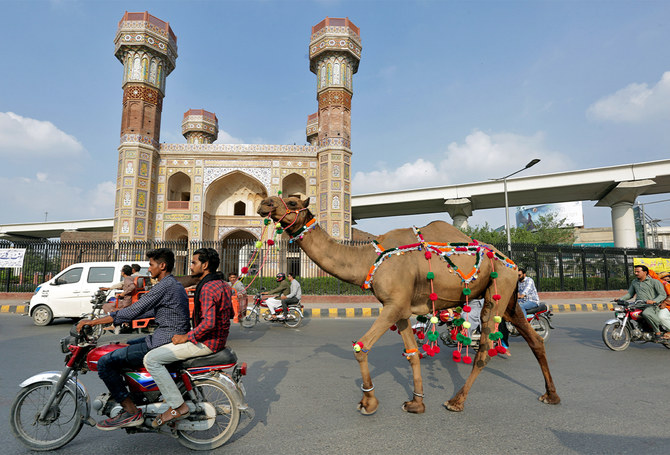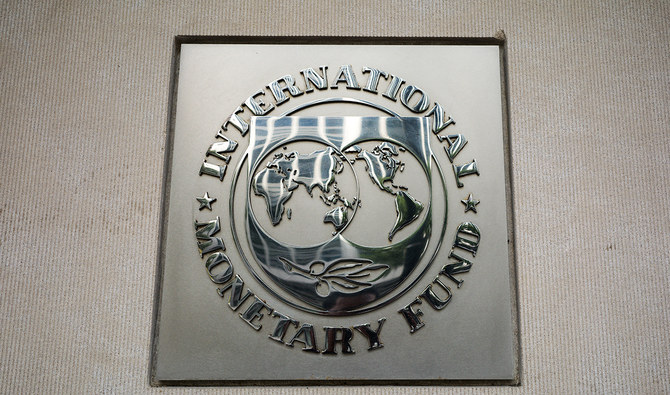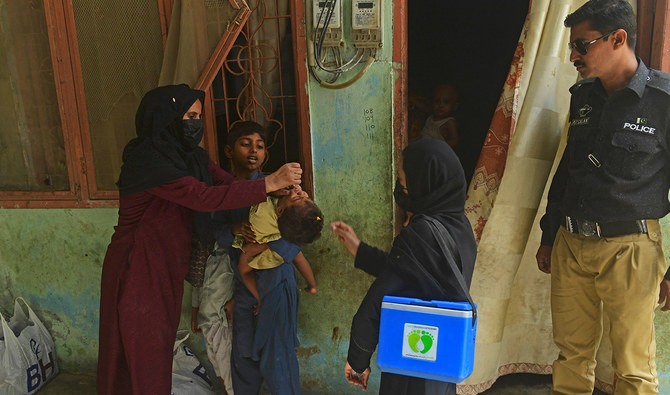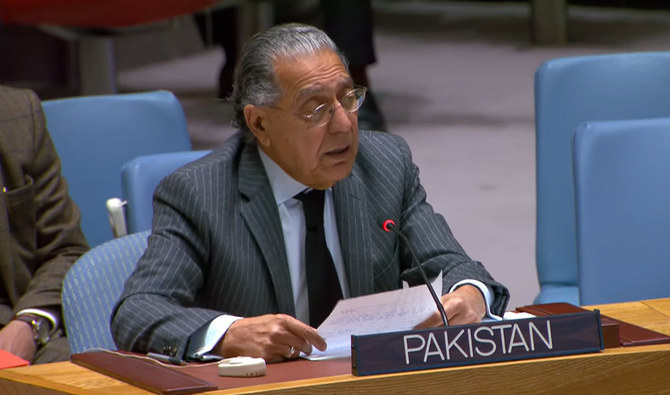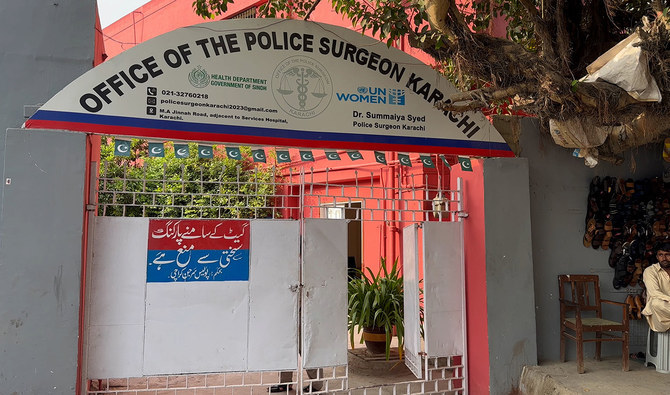ISLAMABAD: Pakistan’s Permanent Representative to the United Nations, Ambassador Munir Akram, has said occupying powers were increasingly using fake news and disinformation campaigns to subdue freedom struggles in Kashmir and Palestine, state-run APP said on Tuesday.
The conflicts in Gaza and Ukraine have become key battlegrounds in an information war that goes far wider than their tightly drawn physical borders. Carefully crafted social media posts and other online propaganda are fighting to make people around the world take sides, harden their positions and even move broader public opinion.
While plenty of real imagery and accounts of the ensuing carnage have emerged, they have been intermingled with users pushing false claims and misrepresenting videos from other events.
“We are witnessing this today in the Gaza war and have witnessed this consistently in the case of occupied Jammu and Kashmir,” Akram told the UN Committee on Information on Monday, referring to online disinformation campaigns.
Akram voiced regret that the use of digital media was “turbocharging” the spread of disinformation “to promote Islamophobia to justify foreign occupation and aggression to turn victims of aggression into the culprits.”
This had led Pakistan to initiate a resolution on disinformation which was unanimously adopted last year, the Pakistani envoy said, adding that consultations would soon take place to advance its objectives.
“Pakistan would welcome the development of an inter-governmentally formulated code of conduct for information integrity on digital platforms,” Akram said, adding that the increasing use of AI tools to spread false information and conduct digital surveillance needed to be addressed.
“At the core of information manipulation, Internet blackouts, censorship and the use of special media laws by the occupation authorities is a sinister design to de-legitimize freedom struggles and perpetuate a climate of fear, intimidation and violence,” Akram added.
In some instances with regards to the Gaza war, online propaganda simply involves the framing of real events, violent images and videos, and hate speech to emphasize the guilt of one side and vindicate the other.
But much of the material relies on the creation of what’s commonly referred to as fake news, in the form of fabricated stories published on social media that repurpose or mislabel real photos or videos.
For example, one post on X (formerly Twitter) that was viewed 300,000 times used a photo of an accidental fire at a McDonald’s restaurant in New Zealand to falsely claim the company had been attacked by pro-Palestinian protesters for its perceived support of Israel. Despite being debunked, the story was still the focus of heated discussions on social media channels.
There are also reports of excerpts from video games and old TikToks being shared with claims they are from real current events in Gaza, and fake government agency social media accounts posting disinformation.



